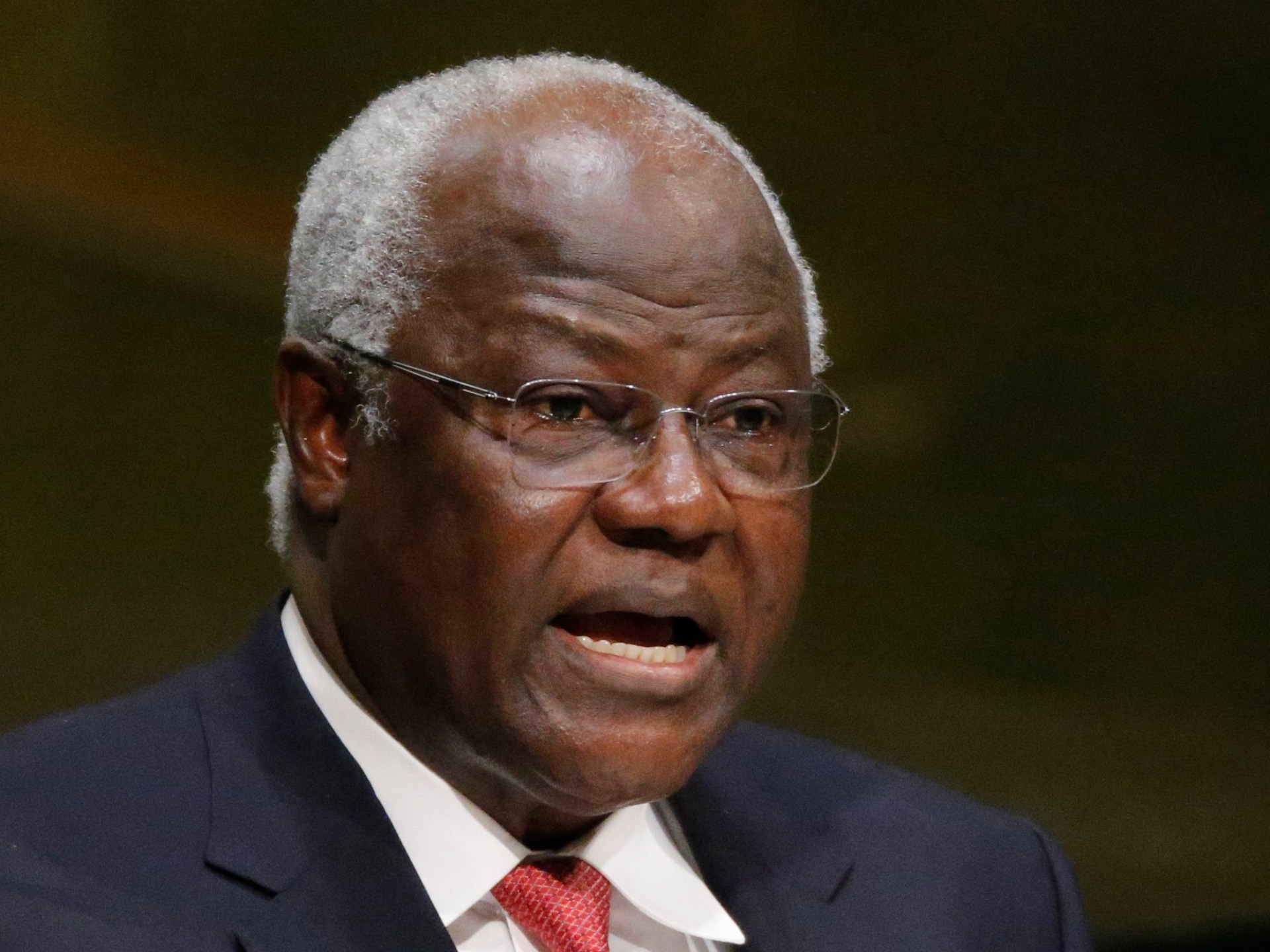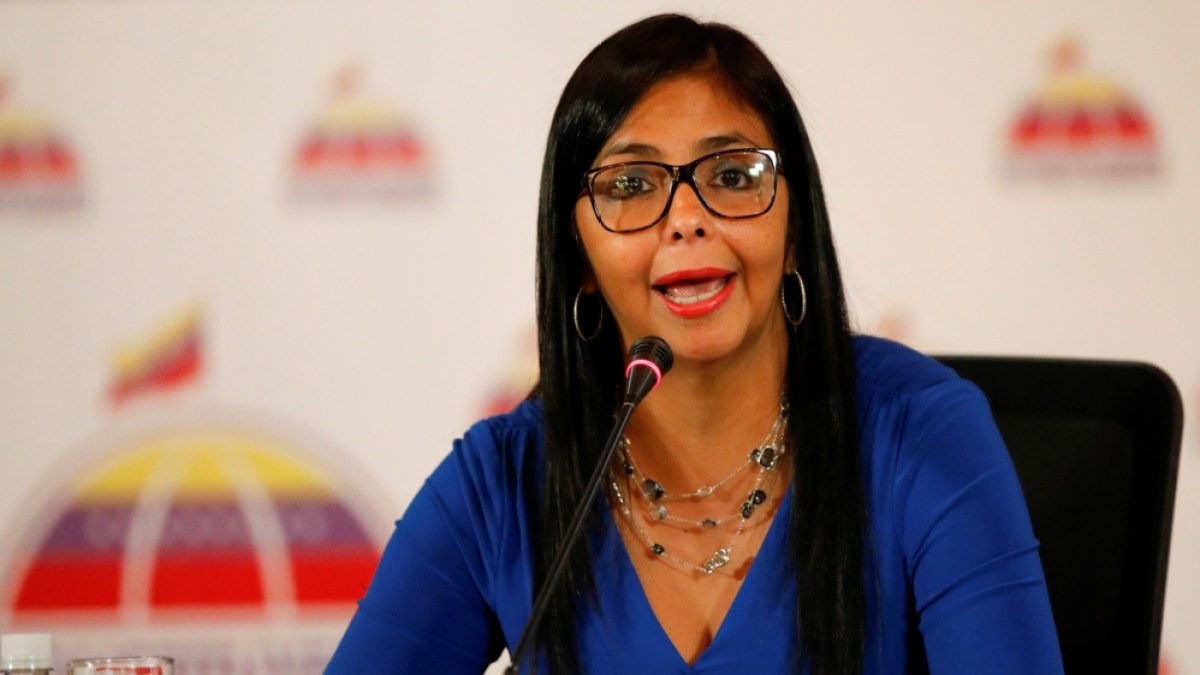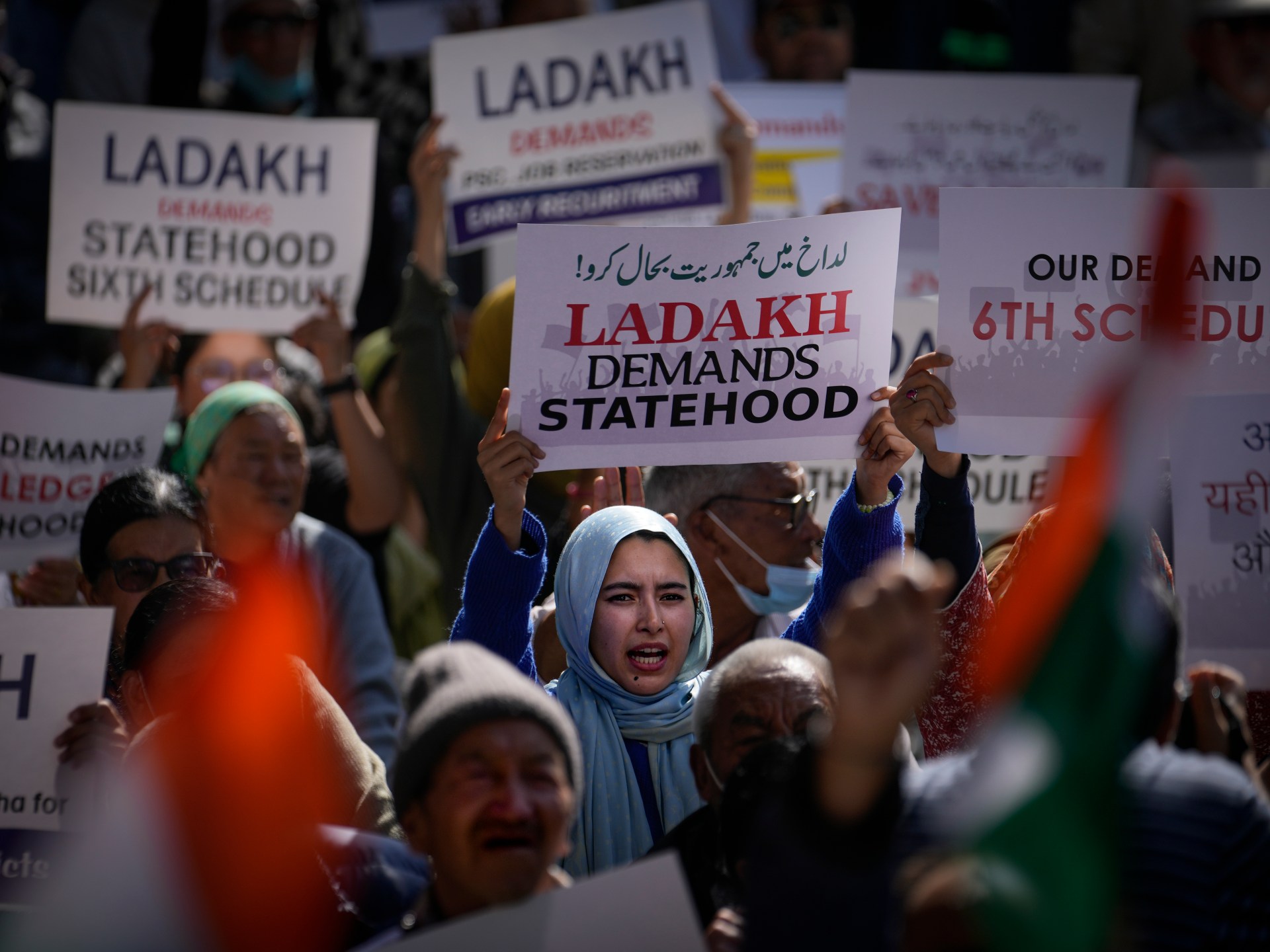Ukraine puts head of Kyiv monastery under house arrest for Russia ties
Митрополит Павло у залі суду заявив, що “ніколи не був на боці агресії”
Відео: УП pic.twitter.com/jLVrH9PGud
— Українська правда ✌️ (@ukrpravda_news) April 1, 2023
Ukraine’s security services also searched Pavlo’s residences Saturday, according to a statement detailing the charges against him.
“A robe is not always a guarantee of pure intentions,” the Security Service of Ukraine, or SBU, Ukraine’s main law enforcement agency, said in the statement. “Today the enemy is trying to use the church environment to promote its propaganda and divide Ukrainian society.”
The move by Ukraine to detain a prominent cleric showed the extent to which the war has exacerbated religious tensions and deepened rifts within the Orthodox Church.
Orthodox Christianity is one of the largest Christian communions in the world — after Catholicism and the Protestant church. Most of its roughly 260 million adherents are concentrated in Europe, Russia and other parts of the former Soviet Union. It is the dominant faith in both Russia and Ukraine.
Pavlo — a member of the Ukrainian Orthodox Church of the Moscow Patriarchate — recognizes the leadership of the Russian Orthodox Church, which has strong ties to the Kremlin and endorsed Russia’s invasion of Ukraine.
The Ukraine-based leadership of the Moscow Patriarchate insists that it is autonomous from the Russian Orthodox Church. But Ukrainian prosecutors have charged dozens of members of the Ukrainian Orthodox Church with directly aiding Moscow, including through espionage, while accusing others of spreading pro-Russian rhetoric.
“The Russian Orthodox Church created — in this sacred place [the Lavra Monastery] — the nest of spreading Russian ideology,” said Yevstratii Zoria, a spokesman for the independent Orthodox Church of Ukraine, which was founded four years ago.
“We know that [the] Lavra is used by the Russian Orthodox Church as a tool of their aggressive policy,” Zoria said. “We have the right to protect ourselves from interference.”
Many Ukrainians echo Zoria’s belief that the church loyal to Moscow promotes an ideology that justifies Russia’s expansionist policies.
In an interview with The Washington Post on Tuesday, Pavlo denied the allegations.
“These are all fake charges,” he said. “I have served at the Lavra for over 30 years and I have never had a political agenda. We pray for our country, our government and our army.”
For days, Ukrainian officials were locked in a standoff after Pavlo and other monks living at the Lavra — the nearly 1,000-year-old complex known as the Kyiv Monastery of the Cave — ignored an eviction notice and parishioners barred government officials from entering the site. The Ukrainian government owns the site, a portion of which is leased by the church.
The monastery, designated as a UNESCO World Heritage site, is also an important destination for Christian pilgrims and the resting place of a number of revered Orthodox figures.
Ukrainian President Volodymyr Zelensky previously said that expelling the priests and monks from the site was necessary for the country to achieve spiritual independence. Many Ukrainians, including prominent Orthodox priests, have left the Moscow-aligned church over the past year to join the independent Ukrainian Orthodox Church.
But Ukrainians opposed to the eviction have accused the government of using the war as a pretext to deny them freedom of religion.
“It’s not going to end well for the people doing this,” said Larisa, a parishioner attending a recent service at the Lavra. The 58-year-old declined to provide her last name out of concern for her safety. “But even if we are forced from this place, we will stay true to our faith.”
“This is religious discrimination,” said Volodymyr Kantsevych, a 23-year-old university student and member of the Orthodox Church linked to Russia.
“We see clear support from the ruling government for the Orthodox Church of Ukraine,” he said referring to the independent branch. “It’s because of the war. We are being denied our freedoms and the country is becoming authoritarian.”
Pavlo, in the interview last week, said he planned to fight the eviction as long as possible. But he had also started packing his belongings.
Inside his apartment on the monastery grounds, he pointed to walls once covered in icons, now dotted with just bare nails.
“You shouldn’t do to people what you don’t want them to do to you,” he said when asked about the long-term implications of the eviction. “The sin is always punished.”
David L. Stern contributed to this report.
Check out our Latest News and Follow us at Facebook
Original Source







